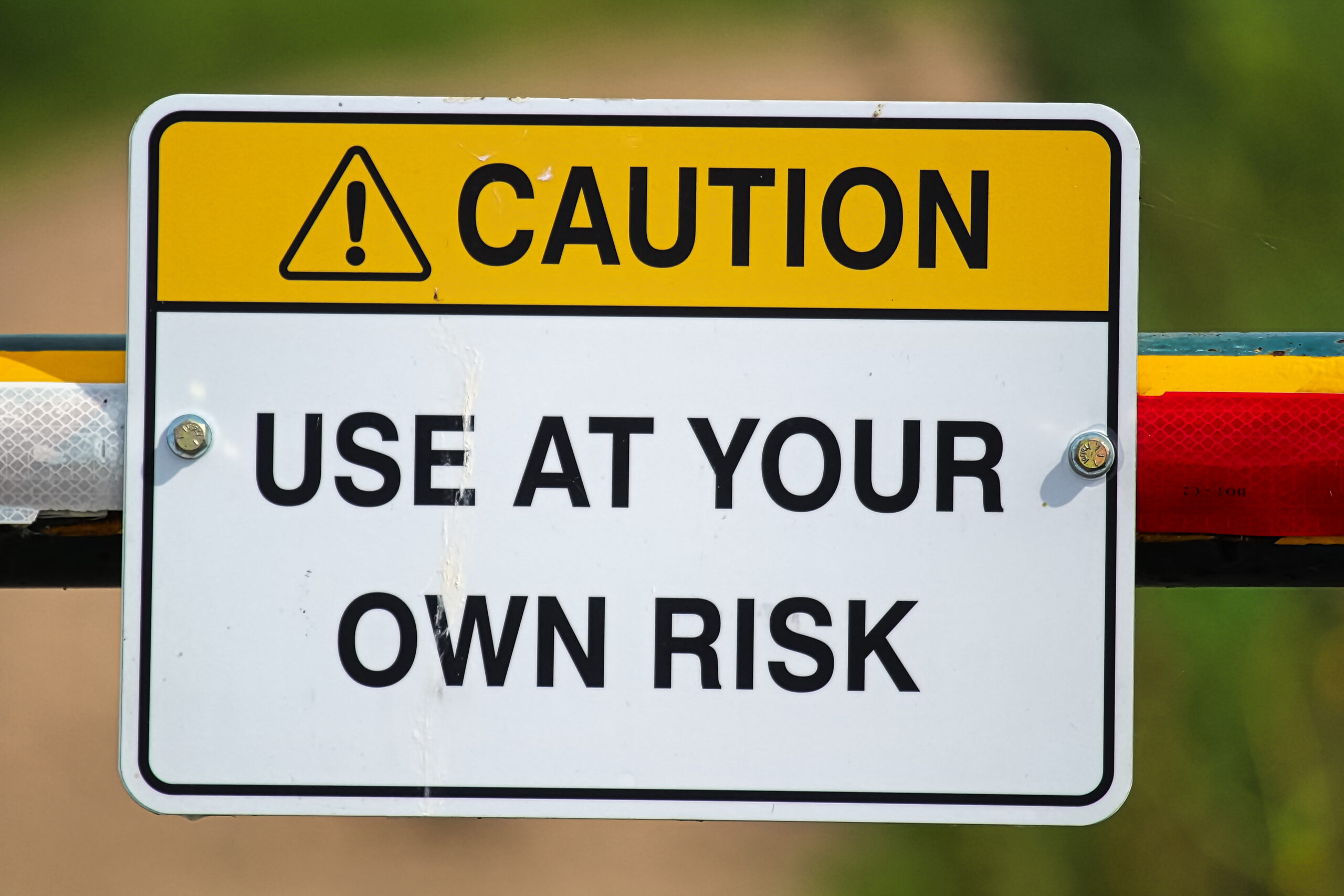AMC, Face Masks, and Avoiding Political Controversy

American cinema giant AMC made waves on social media recently when announcing its policies regarding the wearing of face masks in its theaters. Like a lot of businesses that are planning to reopen during the easing of restrictions in the wake of the coronavirus pandemic, AMC initially stated that they would take preventative measures in spacing out patrons in movie theaters and requiring employees to wear masks. Controversy arose, however, after the CEO Adam Aron reported what the chain’s stance would be with regards to requirements on the moviegoers themselves, one he stated in an interview with Variety:
“We did not want to be drawn into a political controversy,” said Aron. “We thought it might be counterproductive if we forced mask wearing on those people who believe strongly that it is not necessary. We think that the vast majority of AMC guests will be wearing masks. When I go to an AMC feature, I will certainly be wearing a mask and leading by example.”
Soon afterwards, however, the company reversed course. In a press release, they stated that in response to “an intense and immediate outcry” from their customers, and “with the full support of our scientific advisors” that they would instead be requiring all guests to wear masks in their theatres. Indeed, as wearing masks is considered by experts to be a good way to help prevent the spread of the virus, especially in enclosed spaces like movie theatres, AMC’s update policies appear to be a step in a better direction.
While AMC’s updated policy is one that better reflects current scientific advice, it is somewhat disheartening that the outcry had to occur for them to change their policies. However, Aron stated that what motivated AMC’s initial policy decisions was not necessarily a distrust of the recommendations of scientists, but rather an attempt to avoid a “political controversy” (of course, one might also read this as “an attempt to avoid losing customers who don’t want to wear masks”).
Say that an issue is politicized if one’s stance on it is a marker of a certain social or political identity. Politicized issues are not hard to find. Consider recent discussions in the US and the UK with regards to the removal of statues of figures who engaged in the slave trade: one’s stance on whether statues should be taken down or preserved can be taken as markers of one’s position on the left- or right-wing of the political spectrum, respectively. Many scientific issues in particular have also become politicized: one’s stance on global warming, for instance, will typically cause others to categorize one as being more left-wing if they accept the scientific consensus, or right-wing if they reject it.
It is perhaps not surprising that in America the wearing of masks has become a subject of political controversy, with those who refuse to wear masks tending to be more on the conservative end of the spectrum. Motivations for refusing to wear a mask include a belief that the dangers of the virus have been overstated, and that a mandate to wear a mask is perceived to be a violation of personal rights (at least in the minimal sense that one believes one should not be required by the government to do things one does not want to do). It seems clear that when it comes to scientific matters, what one ought to do is to follow the best available advice from the scientific experts. And, of course, there are important moral concerns surrounding how a refusal to wear a mask can put others at risk of serious harm. These are all important issues that have been and will continue to be discussed for a long time. And because the issue of wearing face masks has become politicized, these discussions will inevitably be political in nature: in taking a stance on the issue one risks being affiliated with progressive or conservative views, and thus risks offending those who do not accept such views.
But let’s say that you don’t really want to take a political stance. Maybe you’re exhausted by the endless debates, and fighting, or maybe you just really don’t want to risk making anyone mad at you by taking a side. You might be sick of all the politics, and just want to sit this one out. Can’t you do that?
This is perhaps what the CEO of AMC was trying to accomplish, and as the backlash to their attempts to avoid taking a political stance indicates, the answer appears to be that remaining neutral was not an option. While it may be one’s intention to avoid taking a stance on an issue that has become politicized, in some cases refusing to take a stance will itself place one on the political spectrum. In AMC’s case, while the choice to leave it up to moviegoers to decide whether to wear masks may have been intended to be politically neutral, that one should not be mandated to wear a mask is precisely the stance associated with the political right. Additionally, while it may have again been intended to not take sides on the scientific issue of whether masks are good preventative measures, given that the current recommendations by scientific experts is that people ought to wear masks in public, letting one’s customers decide again constitutes a rejection of the scientific consensus.
You might think that it is unfair to drag someone into a politicized dispute that they did not want to be part of. To which one might respond: too bad. Consider the following analogy: say that you and I are sitting in a dark room, arguing over whether we should turn the lights on. We both get tired of arguing, and decide that, to avoid further conflict, we will both refuse to take sides. In doing so, however, we have committed to a side, whether we wanted to or not: as a result of our refusing to decide, the lights remain off.
This is obviously a simple analogy for more complex situations. But what it shows is that controversies over politicized issues are not always the kinds of the things that one can avoid. Sometimes neutral ground just doesn’t exist.




